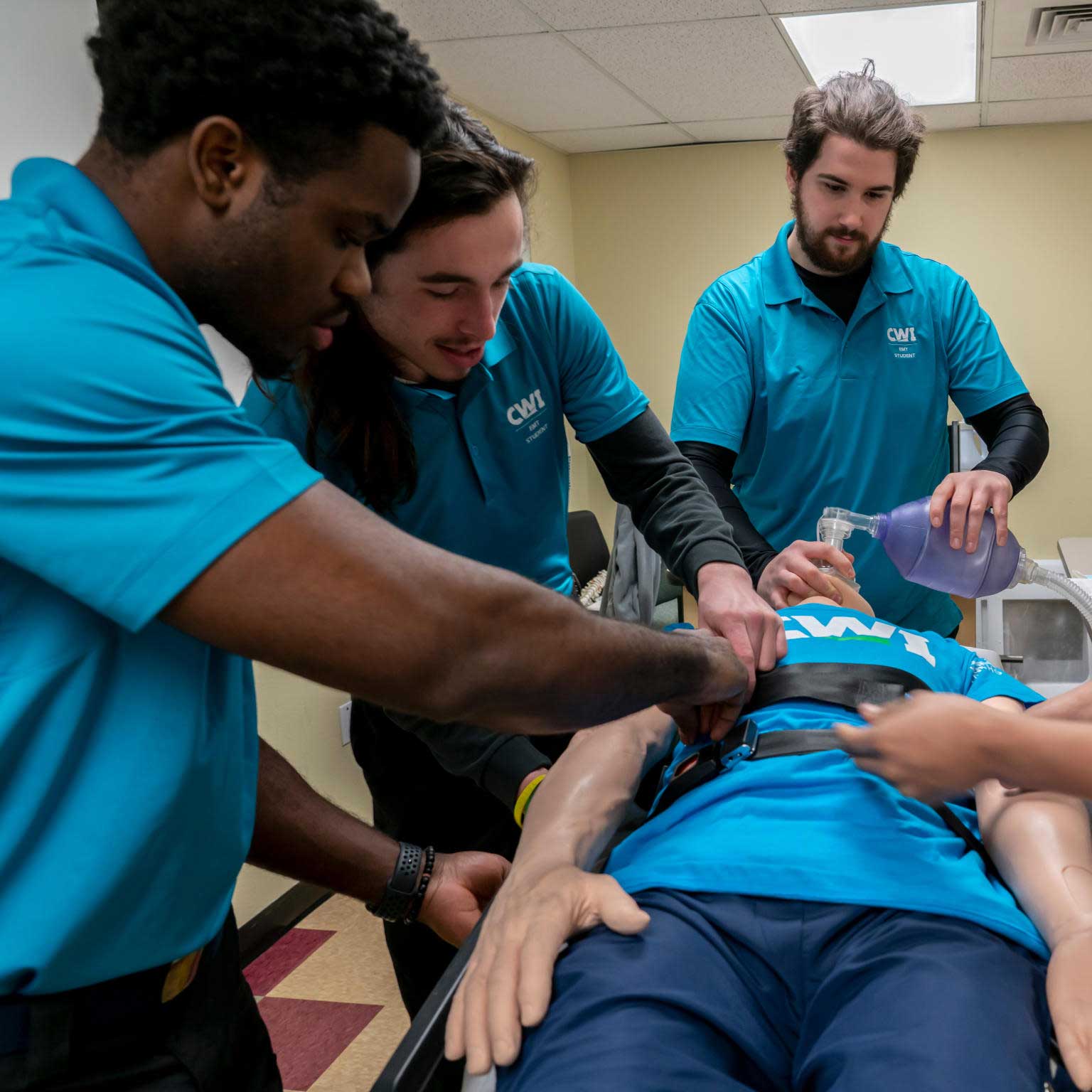Facilitating Recuperation By Adapted Workout Regimens in Recovery Practices
Wiki Article
Recovery is an important process for patients who have experienced surgeries, or other health conditions. Rehabilitation initiatives play a crucial role in supporting these individuals to restore their strength, improve movement, and reintegrate to their daily tasks. Tailored fitness planning is a critical component of successful rehabilitation. This signifies that exercises are specifically designed to address the unique requirements of each individual. By concentrating on targeted exercise programs, rehabilitation approaches can enhance recovery and support improved health results.
One of the initial steps in creating a tailored fitness program is evaluating the patient’s condition. Healthcare professionals perform evaluations to determine the specific limitations and capabilities of each person. This might include physical tests, discussions about health history, and goals for rehabilitation. For instance, an athlete rehabilitating from a knee injury may have different needs than an senior person healing from joint surgery. By acknowledging these differences, practitioners can design an exercise regimen that targets the unique aspects of each situation.

Incorporating multiple forms of exercises is crucial for successful rehabilitation. Strength work , flexibility exercises, and aerobic exercises all serve important roles in rehabilitation. Resistance training assists restore muscle and improve stamina, which is particularly important after long periods of inactivity. Mobility movements enhance range of motion and reduce rigidity in joints. Cardiovascular workouts, like walking or cycling, boost general conditioning and support heart function. A comprehensive exercise plan recommended read that incorporates all these components can significantly assist in the recovery process.
Tracking progress is another essential element of rehabilitation programs with customized fitness prescriptions. As individuals engage in their personalized programs, medical professionals track gains and implement required adjustments to the plan. This continuous evaluation ensures that the exercises remain beneficial and look these up suitable as the patient progresses. Establishing specific milestones can also encourage participants during their rehabilitation process. Achieving small goals builds confidence and encourages persistence in adhering with the recovery regimen.
Ultimately, enhancing recovery through personalized fitness planning demands partnership between healthcare practitioners and patients undergoing recovery. Clear communication is key to understanding how each person feels throughout their rehabilitation journey. By collaborating together, both parties can identify any challenges and acknowledge achievements along the way. Tailored exercise programs not only help individuals heal physiologically but also add to their mental wellness by fostering a sense of achievement and independence as they work towards their health goals.